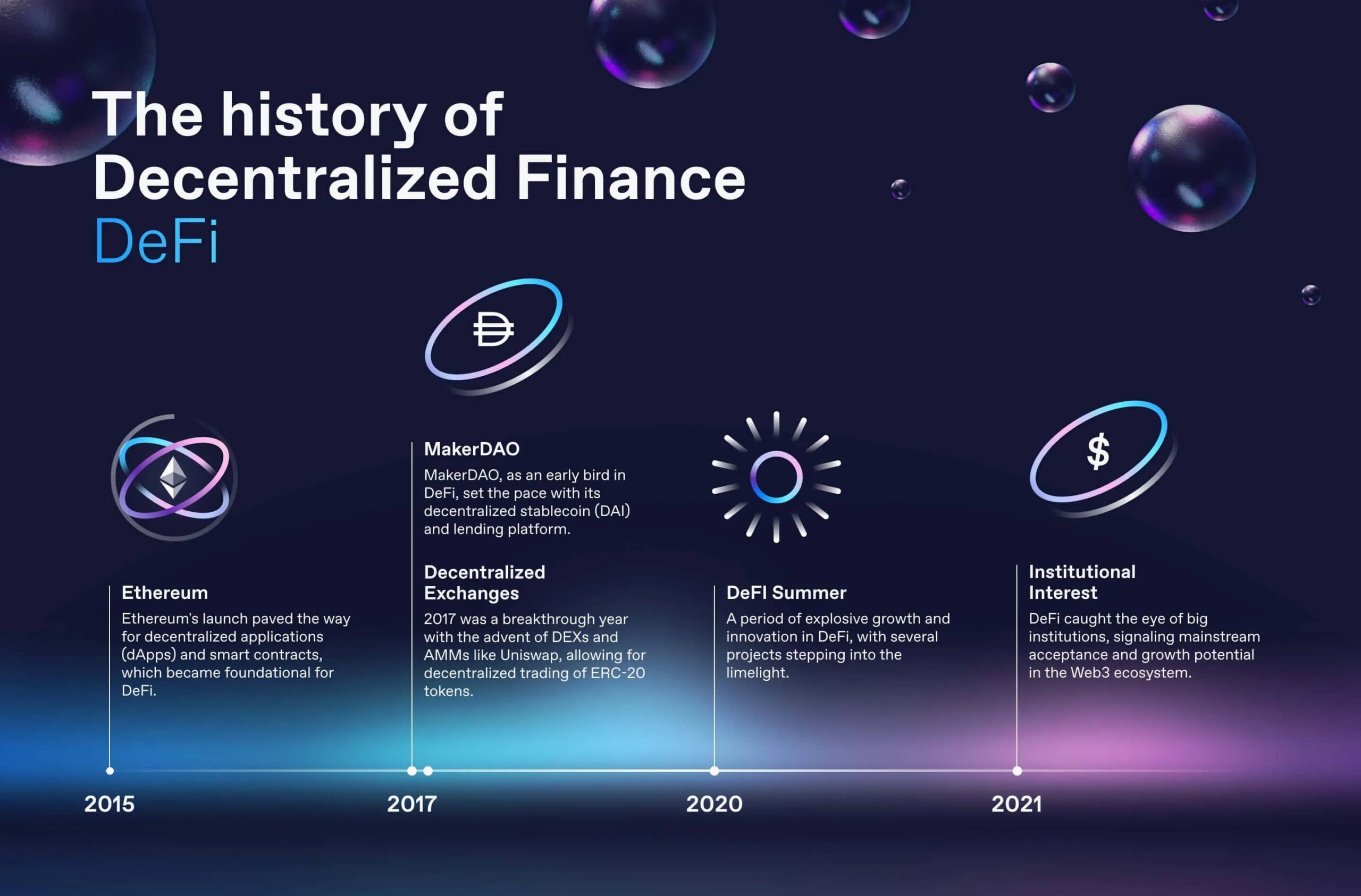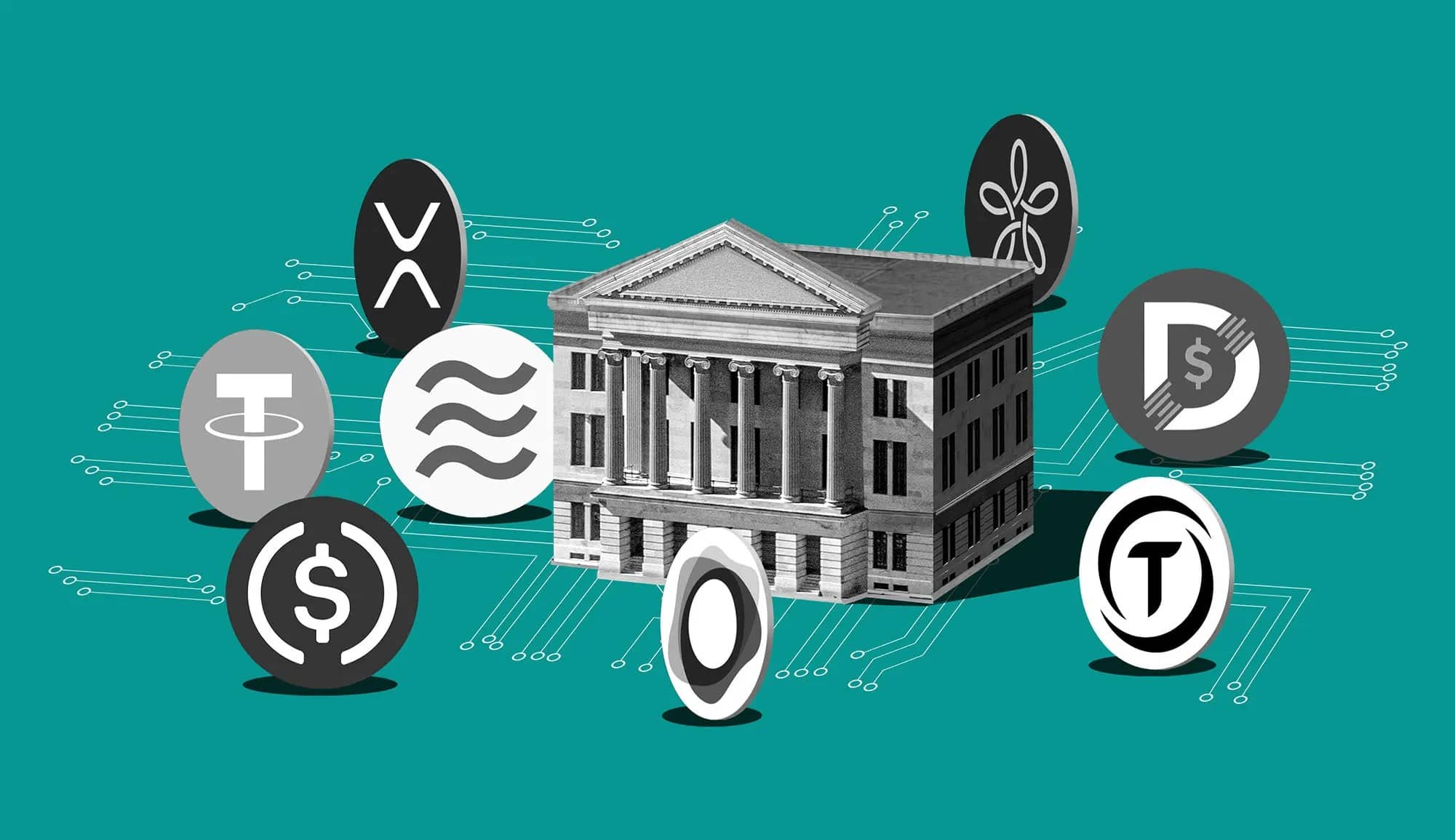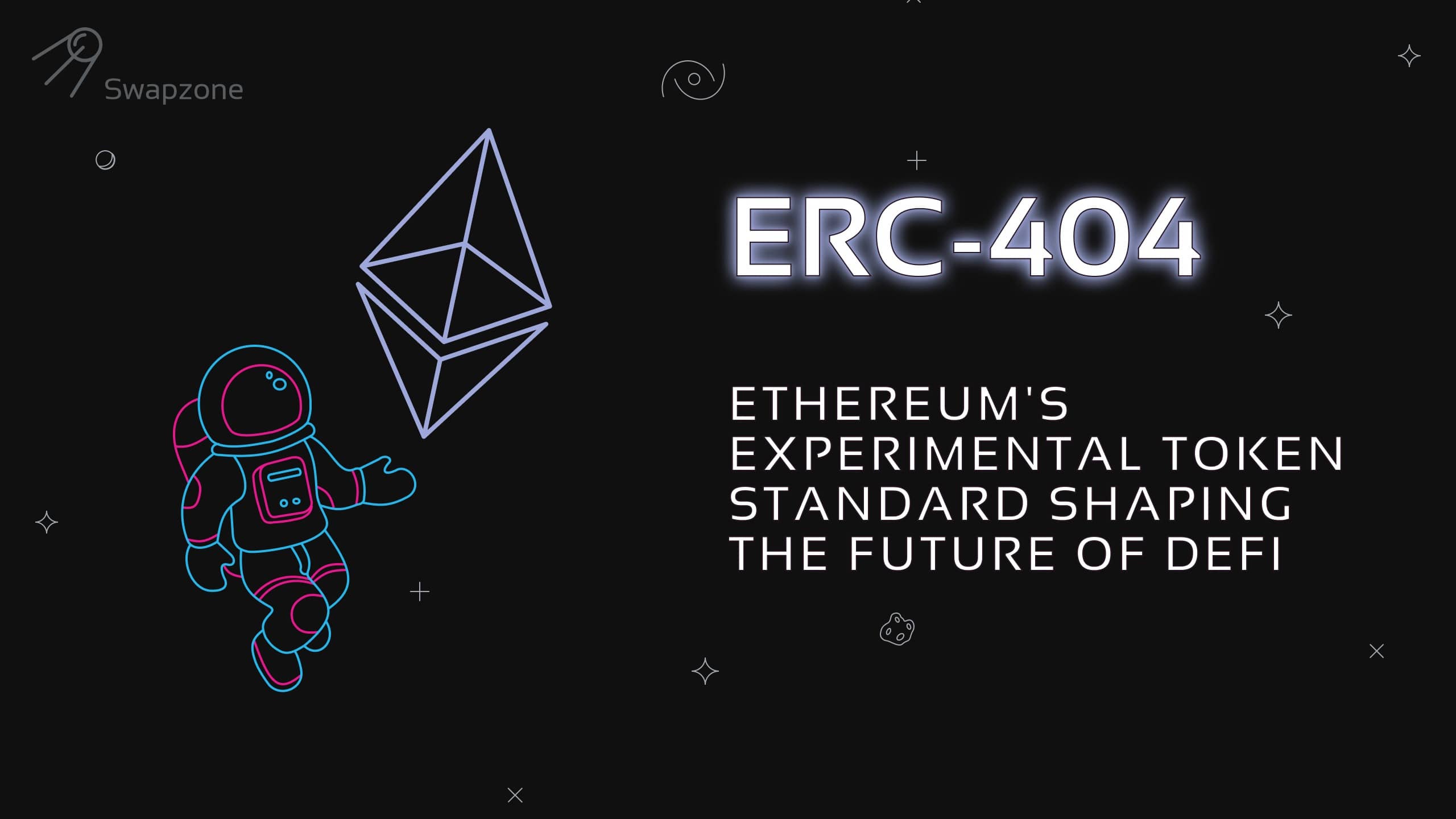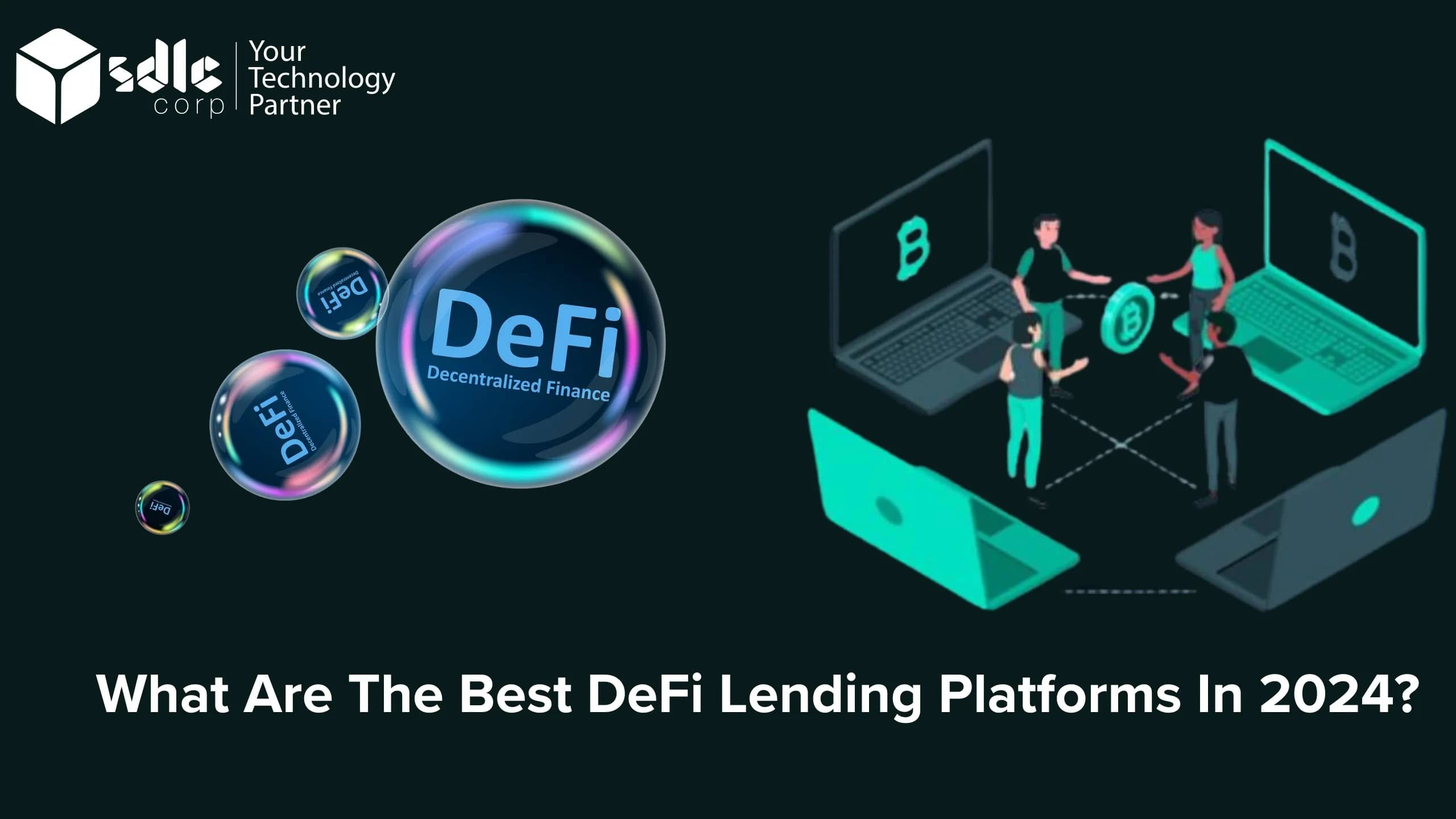In recent years, DeFi (Decentralized Finance) has emerged as a powerful force reshaping the financial landscape. DeFi is shaping the future of finance by offering decentralized, transparent, and permissionless alternatives to traditional financial services. Through blockchain technology, DeFi platforms enable users to borrow, lend, trade, and invest without the need for intermediaries such as banks or financial institutions. As we explore how DeFi is shaping the future of finance, this article will highlight five revolutionary changes that decentralized finance is bringing to the world.
1. Decentralization: Redefining Financial Control
One of the core principles of DeFi is decentralization, which eliminates the need for traditional intermediaries like banks. By using smart contracts on blockchain networks such as Ethereum, DeFi is shaping the future of finance by allowing users to take control of their assets and manage their financial activities without relying on centralized authorities.
- Decentralized Lending and Borrowing: Traditional lending requires banks to assess creditworthiness, approve loans, and manage funds. With DeFi, users can borrow or lend assets peer-to-peer using smart contracts. Platforms like Aave and Compound have enabled this form of decentralized lending, where users earn interest by providing liquidity to lending pools.
- No KYC (Know Your Customer) Requirements: DeFi platforms operate without the stringent KYC processes found in traditional banking, making them more accessible to a global audience. This is especially crucial for individuals in underbanked regions who may not have access to conventional financial systems.
By enabling direct control of assets and bypassing intermediaries, DeFi is shaping the future of finance by empowering users and promoting financial inclusivity.

2. Tokenization of Assets: Creating New Investment Opportunities
Another way DeFi is shaping the future of finance is through the tokenization of real-world assets. Tokenization allows traditional assets such as real estate, stocks, or commodities to be represented on a blockchain as digital tokens, making them easily tradable and accessible.
- Fractional Ownership: Tokenization enables fractional ownership, where investors can buy and sell portions of high-value assets. For example, platforms like RealT allow users to purchase tokenized real estate shares, providing access to the real estate market without large capital requirements.
- Increased Liquidity: Tokenized assets can be traded 24/7 on decentralized exchanges, improving liquidity compared to traditional markets, which often have limited trading hours and slow processes.
By making assets more liquid and accessible, DeFi is shaping the future of finance by democratizing investment opportunities for people worldwide.

3. Yield Farming and Staking: Redefining Passive Income
Yield farming and staking have gained significant attention as new ways to generate passive income through DeFi protocols. By leveraging their assets, users can earn rewards in the form of tokens or interest. This innovation is another example of how DeFi is shaping the future of finance by offering new income streams.
- Yield Farming: Yield farming involves providing liquidity to DeFi platforms in exchange for rewards. Liquidity providers earn a portion of the transaction fees or governance tokens, which they can reinvest or trade for profit. For example, platforms like Uniswap and SushiSwap incentivize liquidity providers with native tokens.
- Staking: Staking involves locking up cryptocurrency in a blockchain network to support its operations, such as validating transactions. In return, stakers earn rewards, typically in the form of newly minted tokens. Ethereum 2.0 is a popular example of staking, where users can stake their ETH to secure the network and earn rewards.
By allowing users to earn passive income without traditional investments, DeFi is shaping the future of finance by providing more flexible and lucrative financial opportunities.

4. Decentralized Exchanges (DEXs): Reshaping Trading and Liquidity
Decentralized exchanges (DEXs) are a key component of DeFi and are playing a vital role in transforming how trading occurs. Unlike centralized exchanges (CEXs), DEXs operate without intermediaries, offering peer-to-peer trading that is trustless and transparent. This shift is another way DeFi is shaping the future of finance.
- No Custodial Risk: Users maintain control of their funds throughout the trading process, as DEXs do not require depositing assets with a third party. This reduces the risk of exchange hacks or bankruptcy, which has affected many centralized exchanges in the past.
- Permissionless Trading: On DEXs like Uniswap, Sushiswap, and PancakeSwap, anyone can trade without having to register or verify their identity. This creates a more open and global financial market, enabling anyone with internet access to participate in financial activities.
DEXs are pushing the boundaries of financial autonomy, and by doing so, DeFi is shaping the future of finance by offering a more secure and inclusive trading experience.

5. Financial Inclusion: Expanding Access to Banking and Investment Services
Traditional banking services have often excluded large populations, particularly in underdeveloped regions. However, DeFi is shaping the future of finance by offering financial inclusion to those who are unbanked or underbanked. By leveraging blockchain technology, DeFi platforms provide access to essential financial services without requiring a bank account or credit history.
- Banking the Unbanked: According to the World Bank, over 1.7 billion adults globally remain unbanked, with no access to banking services. DeFi platforms can bridge this gap by providing decentralized financial services that anyone with an internet connection can use.
- Lower Costs and Fees: Traditional banking services often come with high fees and costs, especially for cross-border transactions. DeFi solutions reduce these fees by eliminating intermediaries, making services like remittances and money transfers more affordable.
By providing financial services to underserved populations, DeFi is shaping the future of finance by fostering greater economic equality and access.
Conclusion
DeFi is shaping the future of finance in revolutionary ways. By decentralizing financial systems, tokenizing assets, offering new passive income opportunities, reshaping trading, and expanding financial inclusion, DeFi is disrupting the traditional banking model. The global adoption of DeFi will likely continue to grow, offering individuals more control, transparency, and access to financial services.
As we witness the continued evolution of DeFi, it’s clear that decentralized finance is not just a passing trend—it’s a transformative force that will define the future of global finance.

